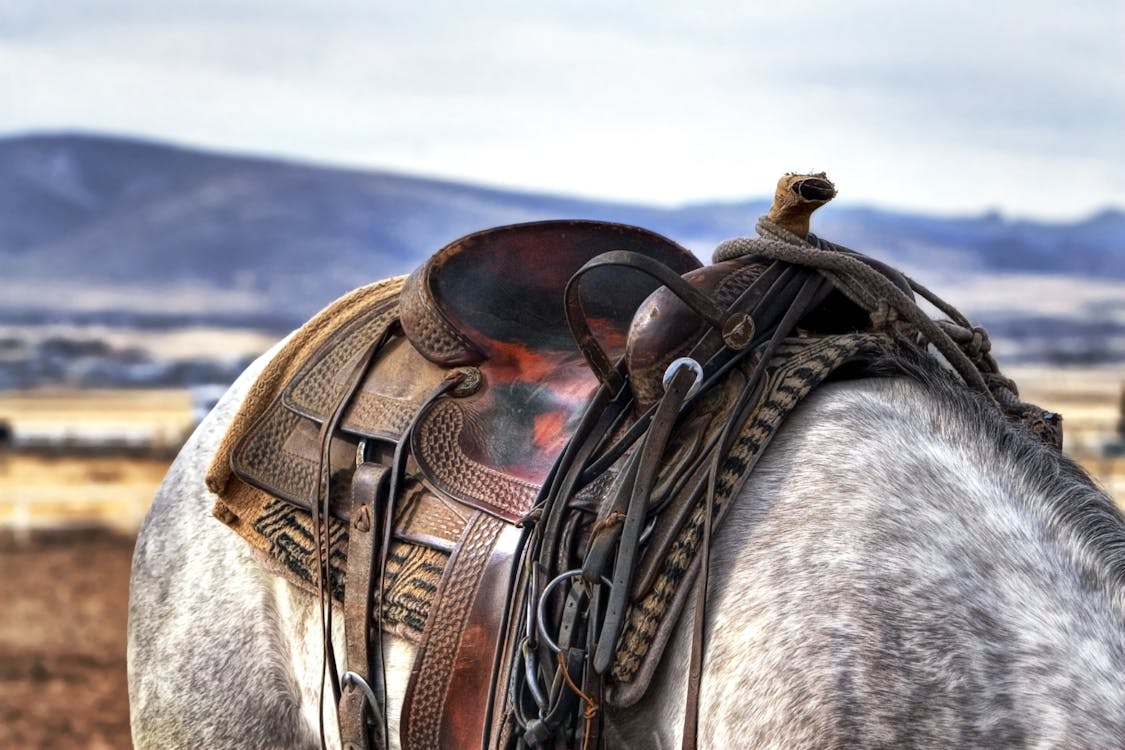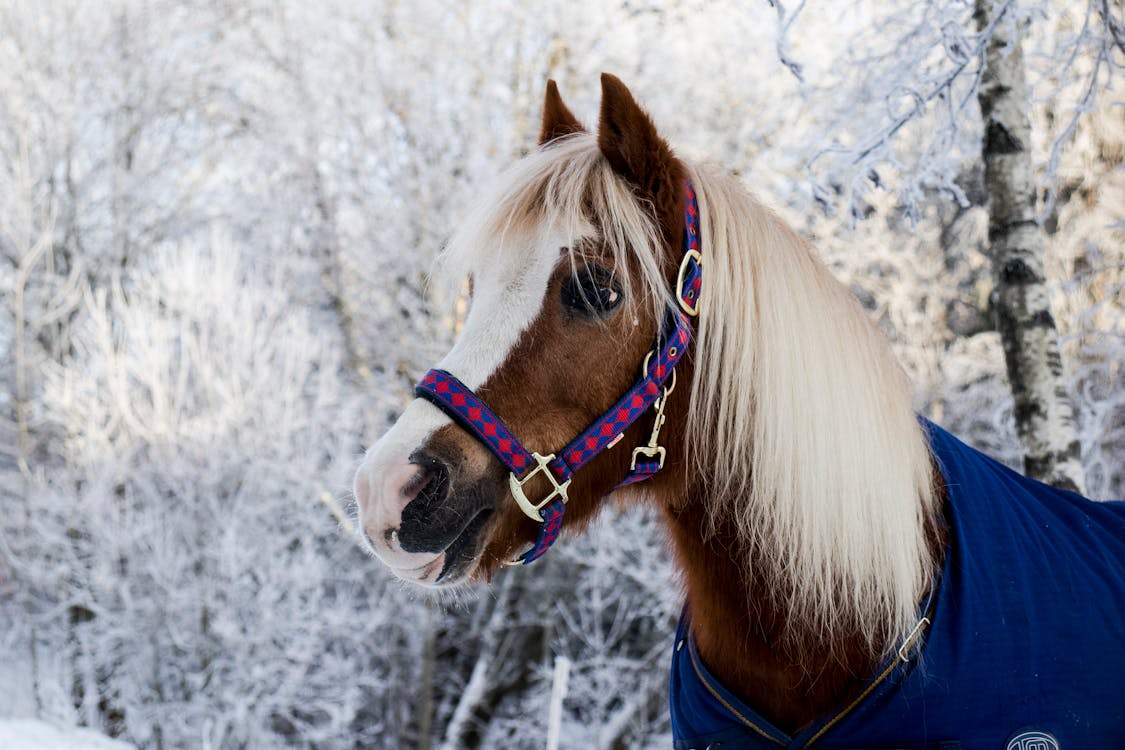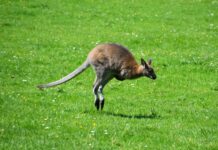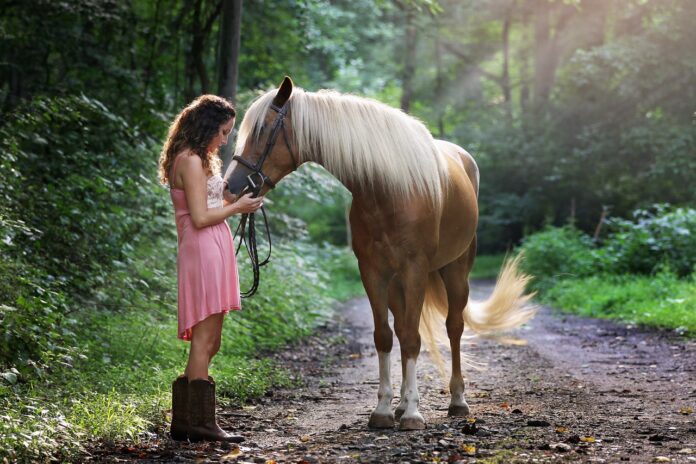Riding horses can be incredibly rewarding, and it’s great exercise, too! If you have your own horse or are thinking about buying one, make sure you take good care of your equine companion. There are many useful tips and tricks that will keep your horse happy and healthy for many years to come. In this article, we’ll cover the 10 most important things every horse owner should know.
1) A Good Saddle

Even if you’re not going to be riding your horse a lot, you should still consider getting a good saddle. There are different types of saddles for different purposes (riding English, Western, bareback, etc.), but all of them offer support and comfort for your horse. And even if you plan on racing or competing in shows and competitions, it’s better to have a high-quality saddle that will last for many years than just go with whatever is cheap at Wal-Mart.
2) Brush Regularly
Horses spend a lot of time outdoors, and mud and dust can be quite abrasive. Brush your horse thoroughly at least once per week to make sure its coat is in tip-top shape. Be careful when brushing, especially with horses that have sensitive skin. A horse’s skin is thickest around its shoulders and hindquarters; don’t brush these areas too hard.
3) Protection From the Elements

Horses are very susceptible to temperature, especially if they’re not acclimated to it. In extreme temperatures, it’s important that you provide your horse with a shaded area and plenty of water to drink. If you’re looking to buy a horse, be sure it can handle low temperatures and high humidity before you commit.
4) A Good Bit and Bridle
The bit is one of your most important tools as a horse owner. Your horse will have to be broken in (trained) with a mild bit that puts very little pressure on their mouth. Once your horse is broken in, you can slowly start to introduce different bits so they learn how to respond to different pressures. The bridle is just as important; it’s what keeps your hand in control and allows you to direct your steed’s movements.
5) Clean, Clear Water

One of your horse’s top priorities is good, clean water. Ensure yours is provided with fresh, cool water at all times by regularly changing and refilling his trough or bucket. Keeping your horse hydrated will keep him happy and healthy—and make him less likely to develop health issues such as colic or founder (also known as laminitis). Water that’s too warm or too cold can stress a horse out and cause his digestion to suffer.
6) Caring For Hooves
No matter how well you take care of your horse, neglecting his hooves can have devastating consequences. Because hooves are so important, it’s important to check them regularly. As a rule of thumb, they should be inspected at least once per month—and more often if you ride often or in wet conditions.
7) Avoiding Worms in Horses

When they are small, worms can be easily missed by casual observation. The best way to prevent worms is a fecal egg count (FEC). Regularly examining your horse’s feces is one of your best lines of defense against parasites. Worming your horse depends on the type of parasite you find and what stage it is in its life cycle. Your veterinarian will determine which wormer to use for each infestation.
8) Dangers from Ropes/Leads
Keep your horse away from ropes and leads, which he can quickly chew through. Most ropes and leads are made of nylon or cotton, which isn’t poisonous to a horse but can lead to excessive chewing because they’re so soft. If your horse ingests too much of these materials, they could cause bloating in his stomach that will not only make him uncomfortable, but may lead to serious complications.
9) Feed Appropriately

Feeding your horse too much will cause obesity, which may lead to back problems and lameness. By providing your horse with a consistent amount of food each day, you’ll keep them healthy and happy. It’s always a good idea to consult a veterinarian when making changes to your horse’s diet, especially if they are on any medications or have health problems.
10) Safe Locations
When you’re choosing where to keep your horse, make sure there is a safe place for it to run and frolic when it wants to. Horses often don’t like to be confined, so if they have room to move around, they will likely be happier. Also make sure that you choose a location that has access to fresh water.













